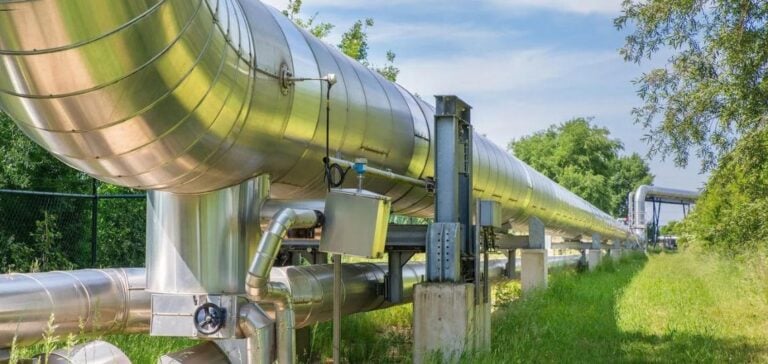EU Allowance prices (EUAs) crossed a new threshold, reaching €70.25/tCO2e, marking a significant increase, supported by rising natural gas prices in Europe.
This high level of EUAs reflects an increased correlation with the gas market, where rising prices have reinforced the value of carbon emission permits.
Recent volatility in financial markets has also played a role, exacerbated by a rebound in equity markets that has driven up gas prices and, by extension, EUAs.
Market data show that the correlation between EUAs and TTF front-month contracts peaked at 0.81, compared with 0.29 the previous month, underlining the growing dependence of carbon prices on gas market fluctuations.
Market players anticipate that this trend could persist, not least due to geopolitical uncertainties that could disrupt gas supplies.
Market outlook and analysis
Despite rising prices, some traders consider EUAs to be overvalued, suggesting that a more realistic price would be around €60/tCO2e.
This assessment is based on lower emissions from European energy companies, partly due to lower production, thus reducing demand for EUAs.
However, factors such as the reduction in weekly auctions and the absence of new REPowerEU allocations are helping to maintain robust demand.
Analysts point out that electricity demand in southern European countries remains a key factor, directly influencing demand for emission permits.
A hotter-than-normal summer could further accentuate this trend, boosting energy consumption and, consequently, demand for EUAs.
UKAs decline despite rising transaction volumes
On the UK side, UK Allowances (UKAs) continue to fall, with a price of £37.50/tCO2e, compared with £38.82/tCO2e the previous week.
This decline comes against a backdrop of persistently bearish fundamentals, despite an increase in market activity.
Falling electricity costs for households and industries, as well as increased demand from data centers, are boosting electricity consumption, but this has not been enough to reverse the downward trend in UKAs.
Analysts are forecasting a 2% increase in UK electricity demand in the second half of 2024, but this increased demand does not yet appear to be having a significant impact on UKAs prices.
The market remains attentive to future developments, in particular potential changes in energy regulation and policy that could affect the supply and demand dynamics for these permits.
The European carbon market remains closely linked to developments in the gas market, with EUA prices particularly sensitive to fluctuations in natural gas prices.
UKAs, on the other hand, continue to face downward pressure, despite rising transaction volumes, illustrating the divergences between the European and UK carbon markets.






















